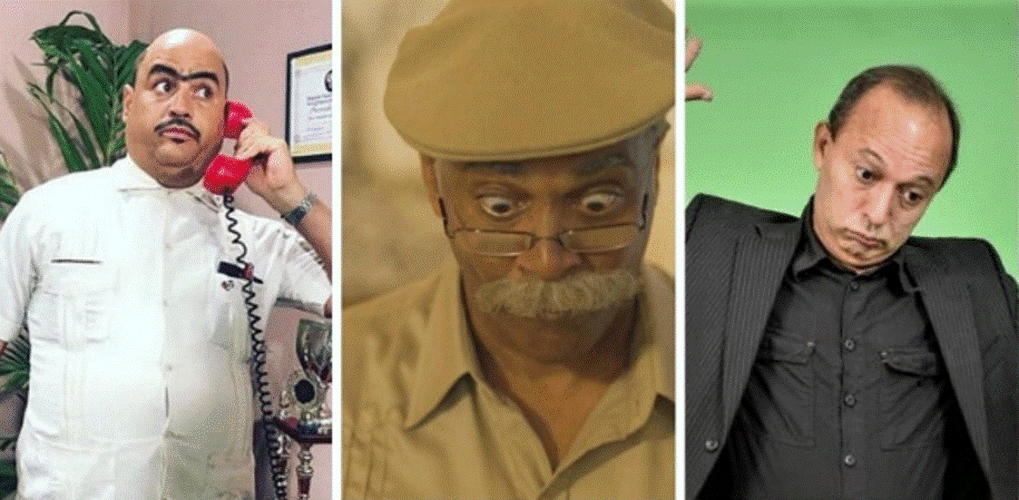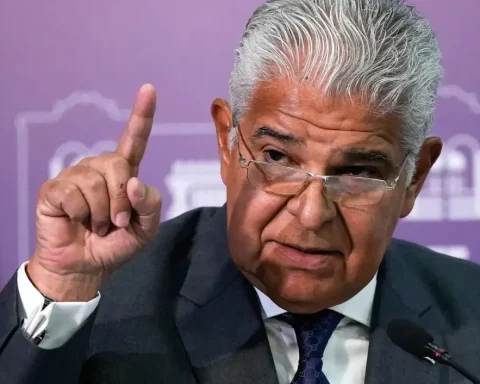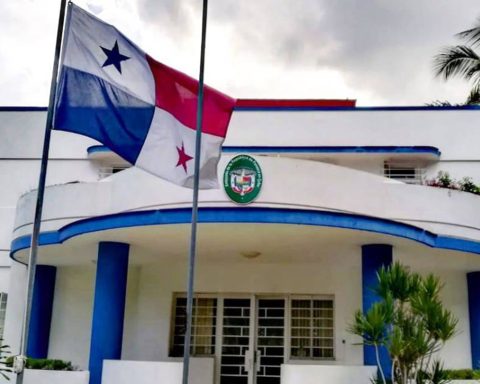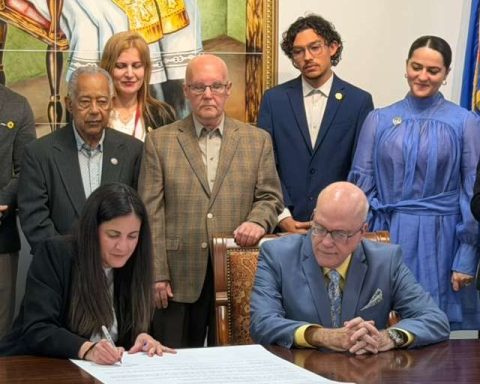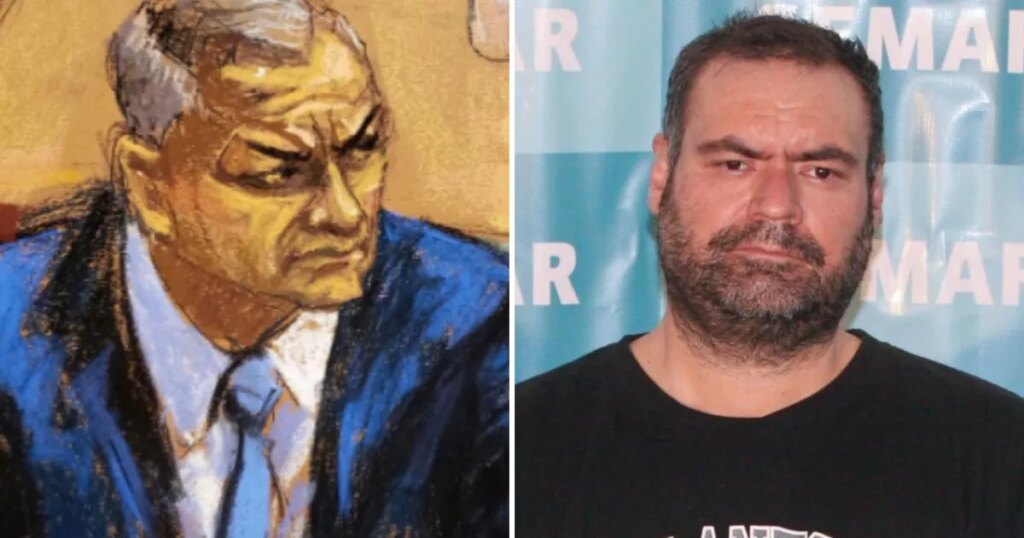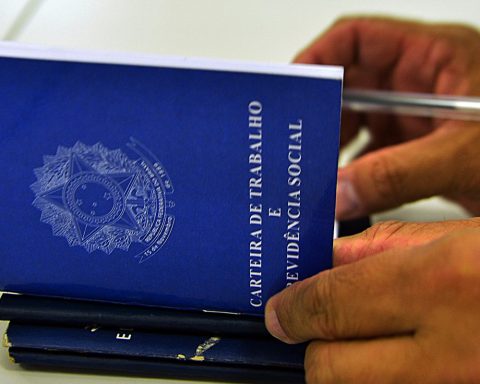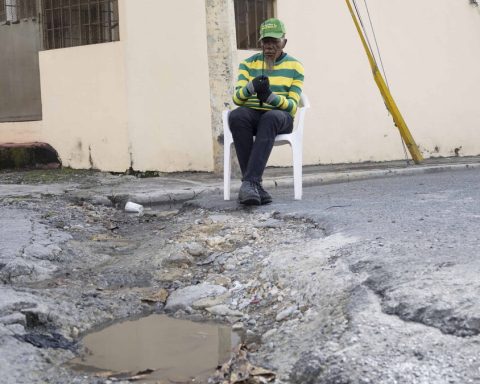Havana Cuba. — Cuban comedian actors have always distinguished themselves in their work as a result of our character and way of being. Today, unfortunately, many of the great comedians on the Island have already passed away or emigrated.
The new generations do not find a place in the acting media. Their work is not well regarded by the authorities, due to the sharp criticism they make in their interpretations of the prevailing situation in the country. This has resulted in many taking the path of exile.
The “Aquelarre” Humor Festival, promoted by the Center for the Promotion of Humor, is less publicized every year, and therefore the population does not go to the theatrical performances, where the best-known groups in the country performed.
The history of national humor goes back to the colony with the buffo theater, whose origin is in the Spanish picaresque. Great actors emerged from that stage, such as Sergio Acebal, Carlos Pous and the last of all, Enrique Arredondo (Bernabé), just to mention a few.
Outstanding figures in this art appeared in the Republic. The duo of Leopoldo Fernández and Aníbal de Mar, known for their characters “Tres Patines y el Señor Juez” or Pototo and Filomeno, are considered the top representatives in this fight. Their radio and television programs are still heard and seen in several countries around the world, and they also ventured into the cinema.
Another famous couple “Garrido and Piñeiro”, which characterized the black boy and the Galician, also enjoyed great popular acceptance. They had a space on television for several years, with good rankings in viewership polls.
There were great stars, among them Jesús Alvariño, with the well-liked “Pedro’s Taberna”. This comedian said within his jokes that his second last name was Palangovich, in clear mockery of the Soviets.
A stellar representative was Luis Echegoyen, who characterized male or female characters with unparalleled grace. The most liked were Mamacusa Alambrito, Tino Dentino, Cuquita Sabrosura and Arbogasto Pomarrosa. After he left the country, he lived and performed for many years in Puerto Rico.
capucha and ramon, with Manuela Bustamante and Idalberto Delgado, was a well-received television program. This woman disguised herself with a little bow in the center of her head like a small child, and she spoke very fast and incomprehensible. Nowadays it is said of those people who express themselves in this way that they speak like Cachucha.
Someone who left a very personal imprint was Guillermo Alvarez Guedesthe businessman and actor who characterized the drunkard on the radio, but is best remembered as the storyteller who recorded more than 30 albums with his peculiar way of saying very “Cuban-style” occurrences.
Other dramatic actors and presenters also dabbled in humor. A television space that was maintained for several years is remembered; Saint Nicholas del Peladerowith Enrique Santiesteban, the mayor, María de los Ángeles Santana, the mayoress and Germán Pinelli, as the journalist Euphrates del Valle, among other actors.
The longest-running radio program on the air was after-dinner joysbroadcast by the station Radio Progress. Here they ventured various actors with still remembered characters. The main ones were, Marta Jiménez Oropesa (Rita), Idalberto Delgado (Paco), Aurora Basnuevo (Estelvina), recently deceased, and Mario Limonta, Sandalio el Volao but the list is longer.
A tribute made on television to this radio broadcast included cartoons that represented their actors very well, with great popular acceptance, but their diffusion has not been regular.
In Cuba, there are fewer programs broadcast every day. Now there is only Live the story with its main character Pánfilo, played by actor Luis Silva, who against all odds, remains despite his strong mockery of the government and the national situation.
Two of the best secondary performances of this space “Facundo” (Andy Vázquez) and “Ruperto” (Omar Franco) are already in Miami.
It is necessary to point out how traditional humor prior to the Revolution gracefully appealed to non-politicized situations. The current one is the opposite, which I consider as a lack of initiative in the performances.
Our idiosyncrasy does maintain the street humor, although every day it becomes more bitter and lacking in joy. This is another trait that points to the loss of values that need to be rescued.
Receive information from CubaNet on your cell phone through WhatsApp. Send us a message with the word “CUBA” on the phone +525545038831, You can also subscribe to our electronic newsletter by giving click here.
The post Humor in Cuba: those who left, those who are no longer appeared first on CubaNet.
